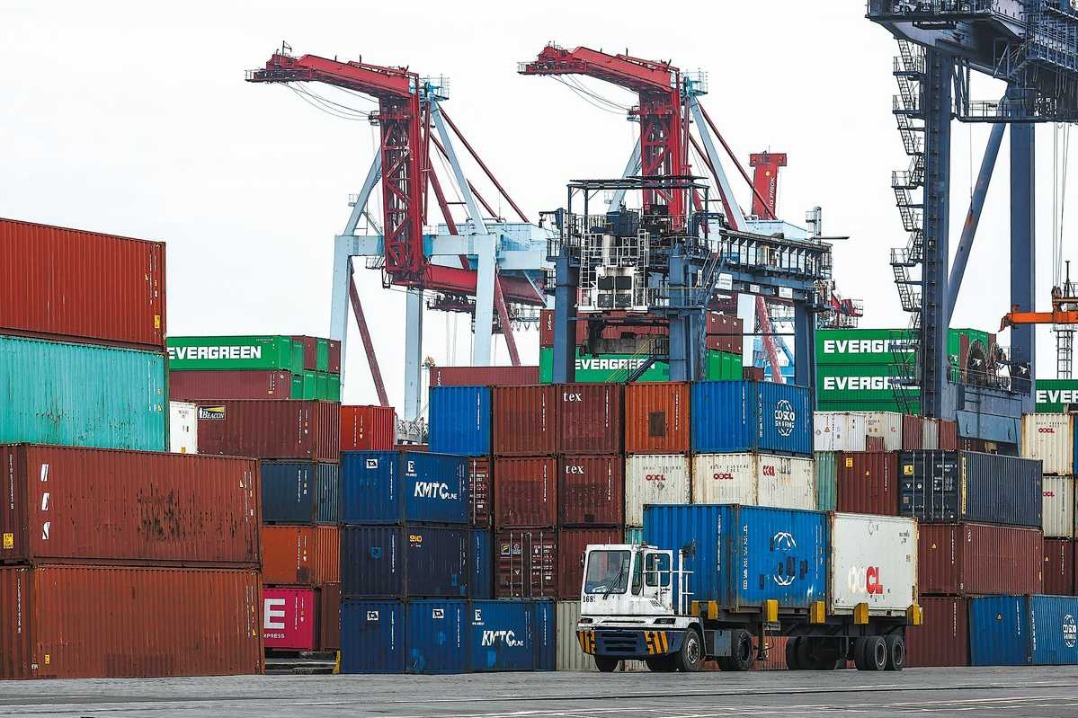New Zealand eases transits for Chinese travelers

New Zealand's pillar tourism sector is poised to receive more Chinese travelers, following eased visa processes for the popular island nation destination.
From November, New Zealand will trial a visa waiver program for Chinese passport holders traveling from Australia with a valid Australian visitor, work, student or family visa.
"This will make it easier, cheaper and faster for them to cross the Tasman and visit our shores," New Zealand's Immigration Minister Erica Stanford said, referring to the sea between Australia and New Zealand.
Such visitors will be allowed to stay for up to three months, according to the New Zealand government's June 15 announcement. The government is "boosting New Zealand's attractiveness as a destination for Chinese tourists by improving visa settings and processes".
"More than 240,000 Chinese visitor visas were granted in 2024, and we want those numbers to grow," Stanford said.
Tourism and Hospitality Minister Louise Upston said China is one of New Zealand's most important tourism markets, and "more international visitors mean more bookings in our restaurants, more people visiting our regions and attractions, more jobs being created across the country and an overall stronger economy".
In the fiscal year ended March 2025, visitors from China contributed NZ$1.24 billion ($747.8 million) to New Zealand's economy, but there's still "more work to do to grow these numbers and drive further economic growth throughout the country", Upston said.
Also starting in November, Chinese passport holders traveling through New Zealand airports will no longer need a transit visa. Instead, they will be able to use a New Zealand electronic travel authority, or NZeTA.
"Instead of spending NZ$235 and waiting four days, individuals can pay as little as NZ$17 and can be processed in 24 hours," Stanford said on Wednesday.
The move follows the announcement of a new direct air route from China to Argentina via Auckland.
New Zealand's Prime Minister Christopher Luxon, who was on a four-day official visit to China from Tuesday, concluded his Shanghai leg on Thursday. Luxon took part in a tourism-livestreaming event to promote New Zealand travel offerings, which was watched by over 10 million people.
Smoothing path for visits
Rebecca Ingram, chief executive of Tourism Industry Aotearoa, told China Daily that it is "great to see further initiatives to smooth the path for visits from China". Aotearoa is the Maori name for New Zealand.
The latest moves build on removing the need to have document translations certified for visitor visa applicants, as announced by the authorities at a major industry event in May, said Ingram, whose association represents members from small and medium-sized enterprises to large, publicly listed corporations.
"We have heard from our members that work directly with travel buyers in China that our visa settings have been a barrier for them, and this initiative will make a difference," Ingram said. "I'm sure this will be well received by holiday visitors and the New Zealand tourism industry."
Andrew Wilford, manager of the New Zealand Contemporary China Research Centre based at Victoria University of Wellington, said that the new policy is "a very welcome development".
"It will make travel much easier for Chinese tourists, providing opportunities for New Zealand's tourism sector to experience an uptick in visitor numbers and for Chinese travelers to explore a world-class destination," Wilford said.
The reality is that New Zealand is geographically distant, and by streamlining the visa process, this policy makes a combined trip to Australia and New Zealand far more appealing, Wilford said.
He pointed to China's extensive existing air links with Australia and New Zealand, as well as strong trans-Tasman connectivity. "This offers travelers greater flexibility when planning their itineraries."
The new policy presents a unique opportunity for tourism operators in both countries to collaborate on tailored experiences that showcase the best of each destination.
For instance, packages might combine Australia's iconic wildlife and urban culture with New Zealand's strengths in adventure tourism, natural landscapes, Maori culture, gastronomy, arts, winter sports and wine tasting. He said it makes sense logistically — and thematically — to promote the two countries together as part of a broader Oceania travel experience.
Contact the writers at xinxin@chinadaily.com.cn

































